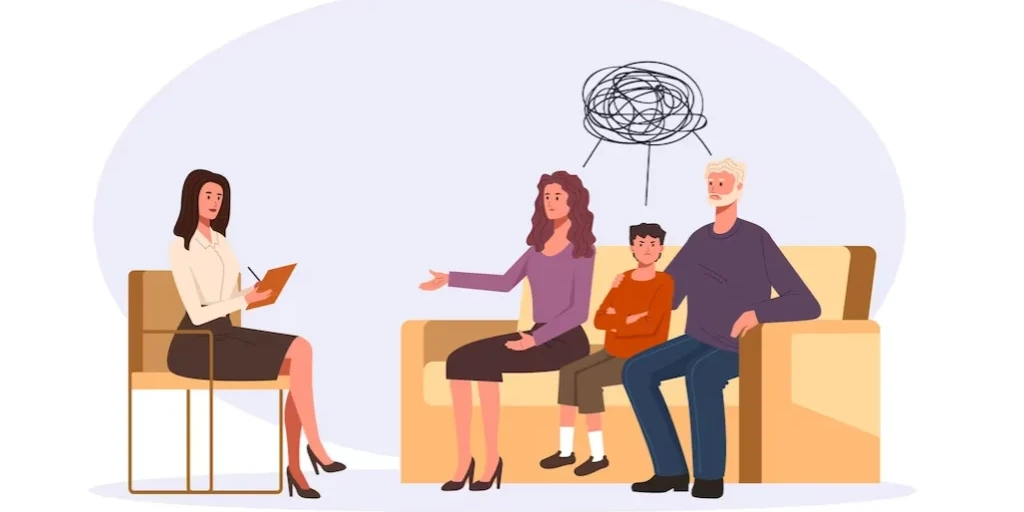24/7 Helpline:
(866) 899-221924/7 Helpline:
(866) 899-2219
Learn more about Medication-assisted Treatment centers in Cache County

Other Insurance Options

PHCS Network

Self-pay options

United Health Care

WellCare Health Plans

UMR

Ambetter

Evernorth

WellPoint

Amerigroup

Cigna

Private insurance

Humana

Kaiser Permanente

Health Net

Multiplan

Sutter

Optima

MHNNet Behavioral Health

Choice Care Network

Group Health Incorporated

























































































































































































































































































